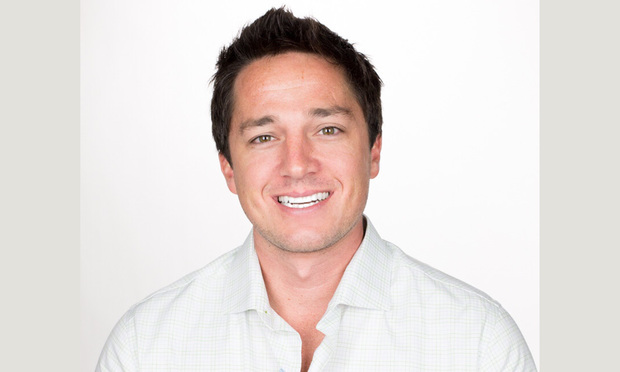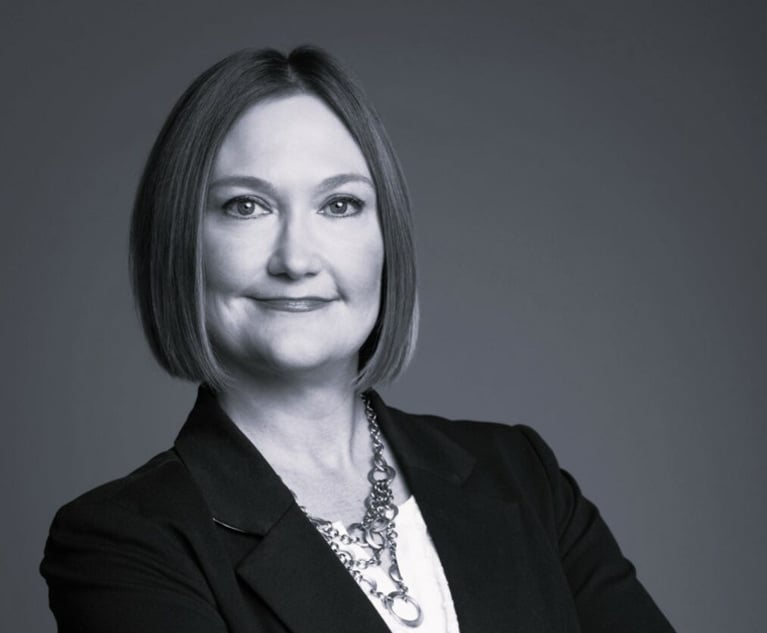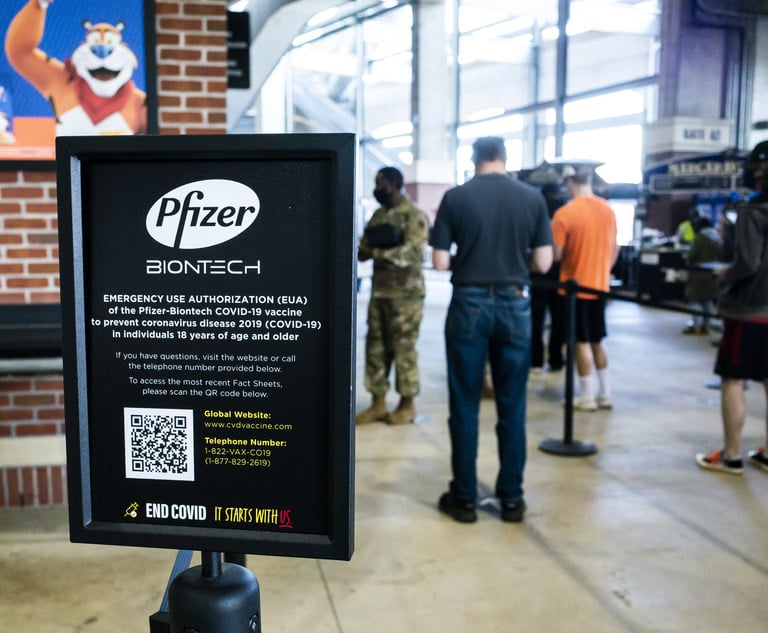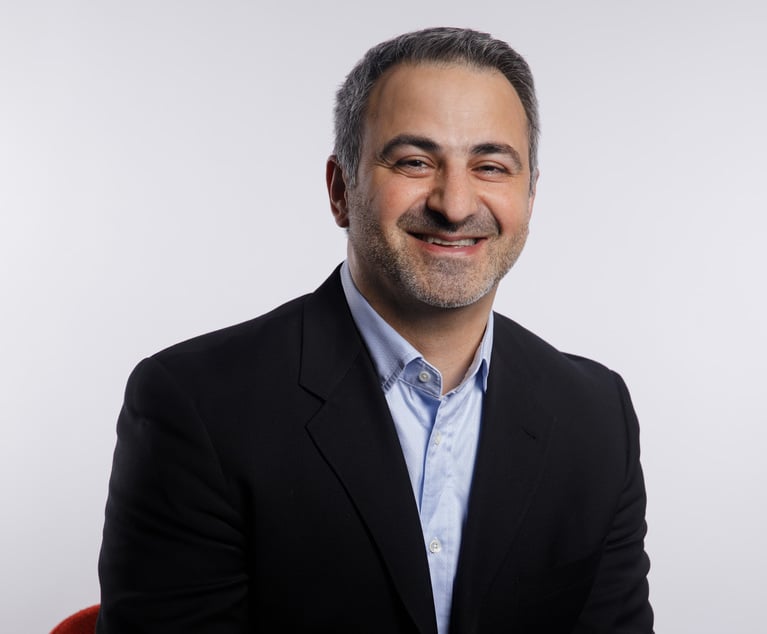The COVID-19 pandemic has dampened most corporate outlooks for the year, especially within companies dependent on the in-person experience. But Winc, the subscription wine delivery club, is seeing the opposite effect with its single in-house lawyer handling all the matters arising from door-delivered wine becoming a quarantine hot commodity.
Winc general counsel and senior vice president of corporate development Matt Thelen confirmed his company saw an almost 800% spike in new member sign-ups between mid-March and early April compared with that time last year. The addition of over 42,000 new members led to an 80% increase in revenues since February.

 Matt Thelen, general counsel and senior vice president of corporate development at Winc/courtesy photo
Matt Thelen, general counsel and senior vice president of corporate development at Winc/courtesy photo








